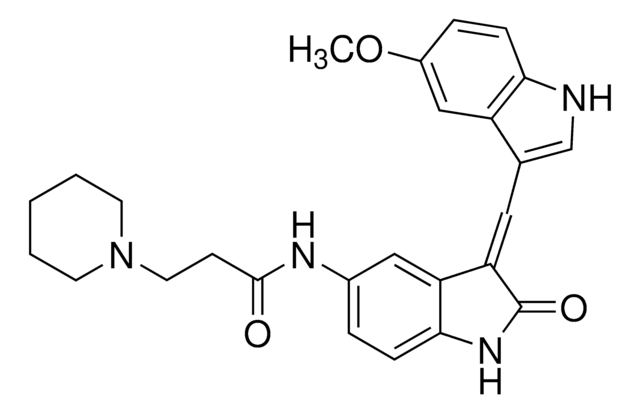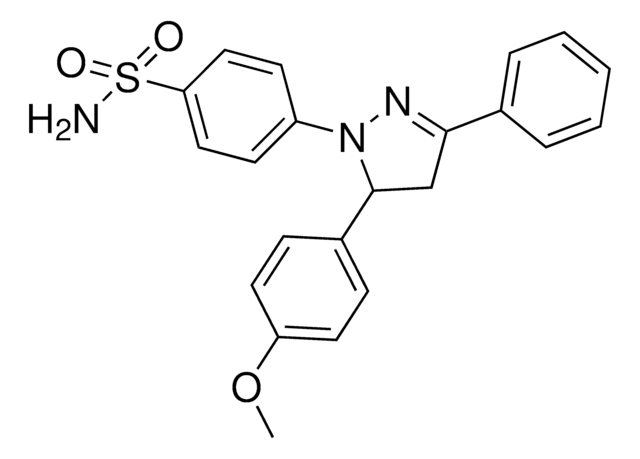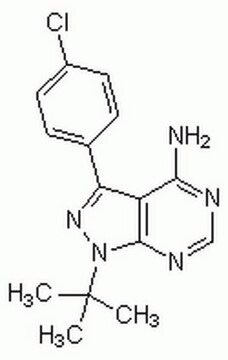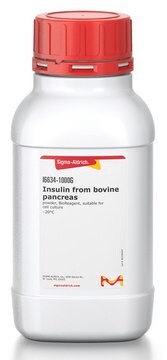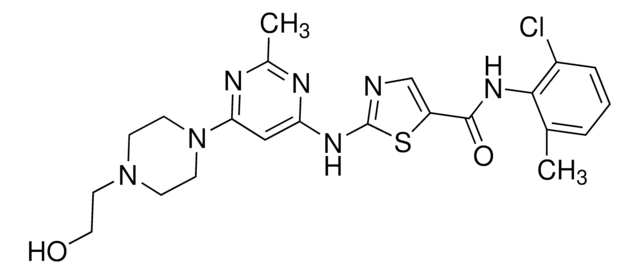SML2238
NAV-2729
≥98% (HPLC)
Synonym(s):
3-(4-Chlorophenyl)-5-(4-nitrophenyl)-2-(phenylmethyl)-pyrazolo[1,5-a]pyrimidin-7(4H)-one, NAV 2729, NAV2729
About This Item
Recommended Products
assay
≥98% (HPLC)
form
powder
color
white to beige
solubility
DMSO: 2 mg/mL, clear
storage temp.
2-8°C
SMILES string
O=C1C=C(C2=CC=C([N+]([O-])=O)C=C2)NC3=C(C4=CC=C(Cl)C=C4)C(CC5=CC=CC=C5)=NN31
Biochem/physiol Actions
Storage Class
11 - Combustible Solids
wgk_germany
WGK 3
flash_point_f
Not applicable
flash_point_c
Not applicable
Certificates of Analysis (COA)
Search for Certificates of Analysis (COA) by entering the products Lot/Batch Number. Lot and Batch Numbers can be found on a product’s label following the words ‘Lot’ or ‘Batch’.
Already Own This Product?
Find documentation for the products that you have recently purchased in the Document Library.
Our team of scientists has experience in all areas of research including Life Science, Material Science, Chemical Synthesis, Chromatography, Analytical and many others.
Contact Technical Service